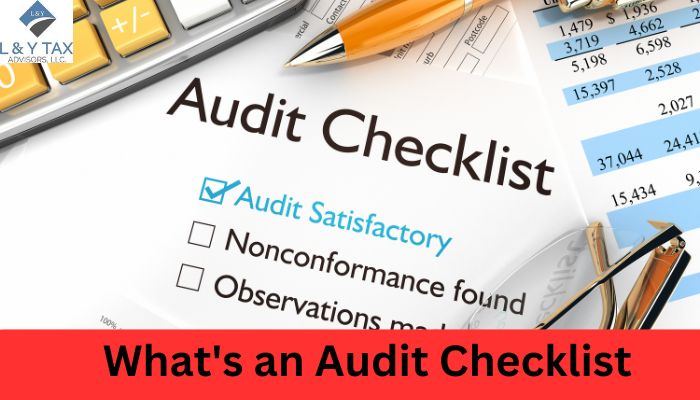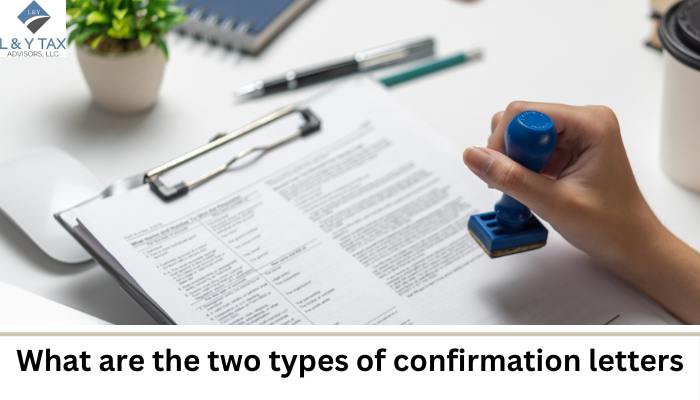
What’s an Audit Checklist?
Auditing is a complex yet rewarding task. Auditing helps businesses grow and exceed their limits. However, auditing can become increasingly confusing because of its complexity, and a checklist exists to minimize this confusion and complexity. An audit checklist is a structured tool auditors use to guide the auditing process. It ensures that all steps required to evaluate an organization’s financial statements and internal controls have been undertaken, including compliance with set regulations. It guides what the auditors need to review to move through important areas methodically and document their findings.
This article will try to cover an audit checklist’s purpose, components, and benefits.
Understanding Audit Checklist: Purposes and Components
The audit checklist is primarily a written guide for the auditor regarding important things not to be forgotten in the auditing process. It, therefore, aids in ensuring consistency and efficiency and making sure all the procedures of the audit are thoroughly done. A checklist is a quality tool for any person or group to detect numerous problems such as errors, fraud, or non-compliance issues.
Components of an Audit Checklist
A good audit checklist usually consists of the following:
-
Pre-Audit Planning:
– Understanding the client’s business environment.
– Previous audit reports.
– Identifying key risks and areas of concern.
-
Internal Control Assessment:
– To assess the effectiveness of internal control.
– Test control activities for working capacity.
– Checking policies and procedures to be consistent with the requirements.
-
Financial Statement Review:
– Validating that the financial statements are accurate and complete.
– Ensuring financial transactions are classified and disclosed correctly.
– Applying accounting principles with uniformity.
-
Compliance Testing:
– Verifying compliance with applicable laws and regulations.
– Audit on observance of professional industry benchmarks and best practices.
– Examination of tax returns and other regulatory filings.
-
Audit Evidence Collection:
– The auditor needs to obtain audit evidence that is sufficient and appropriate.
– Documentation of the audit findings and any relevant supporting information.
– The application of a wide variety of audit techniques, including observation, inspection, and analytical procedures.
-
Reporting:
– Summarizing findings and conclusions of an audit.
– Prepare audit reports, as well as management and efficiency letters.
– Informing management about the findings and how things could be corrected.
Read about the IRS & state audit representation.
Reasons Why an Audit Checklist is Useful
An audit checklist is essential for auditing. It helps auditors perfectly line up their auditing strategy and allows them to shift their focus towards essential things. Here are some of the factors that make audit checklists extremely useful for auditors:
- Consistency: An audit checklist ensures that all auditors follow the same procedures, enhancing consistency and results in reliable audit work.
- Efficiency: The checklist clearly outlines all the activities, allowing the auditors to follow the guidelines and do the work easily and quickly without wasting time and resources.
- Completeness: The checklist ensures that all crucial areas are covered, minimizing the chances of a missed issue.
- Documentation: It allows documentation of all activities undertaken in the audit for transparency and keeping records.
- Quality Control: The audit checklist is a tool for quality control, helping to find faults or errors during the audit.
An audit checklist requires an expert auditor to utilize it to the fullest extent. L&Y Tax Advisors is here to provide all the auditing services you need. Contact L&Y Tax Advisors, LLC. to ensure a peaceful audit session for your company today.
Conclusion
We hope this article helped you find all the answers you seek. An audit checklist is a key tool for auditors because it provides a structured approach to the whole auditing process. In various ways, its role is to enhance the quality and reliability of the overall audit by ensuring consistency, efficiency, and comprehensiveness. Thus, a well-formulated checklist is an essential requirement for either internal or external audit to be successful in its end result.


